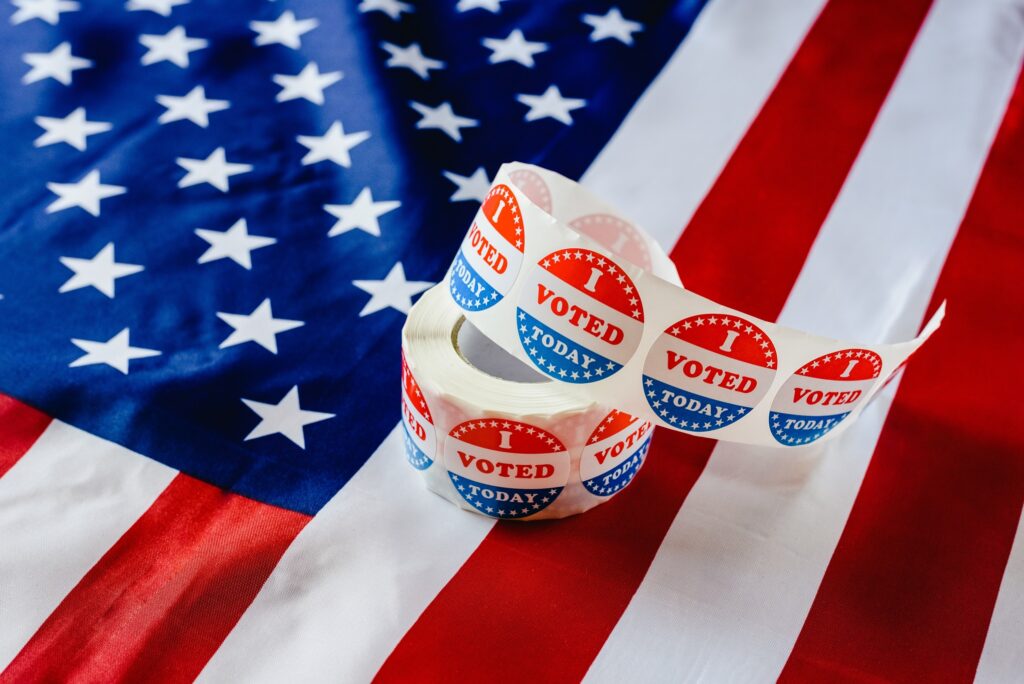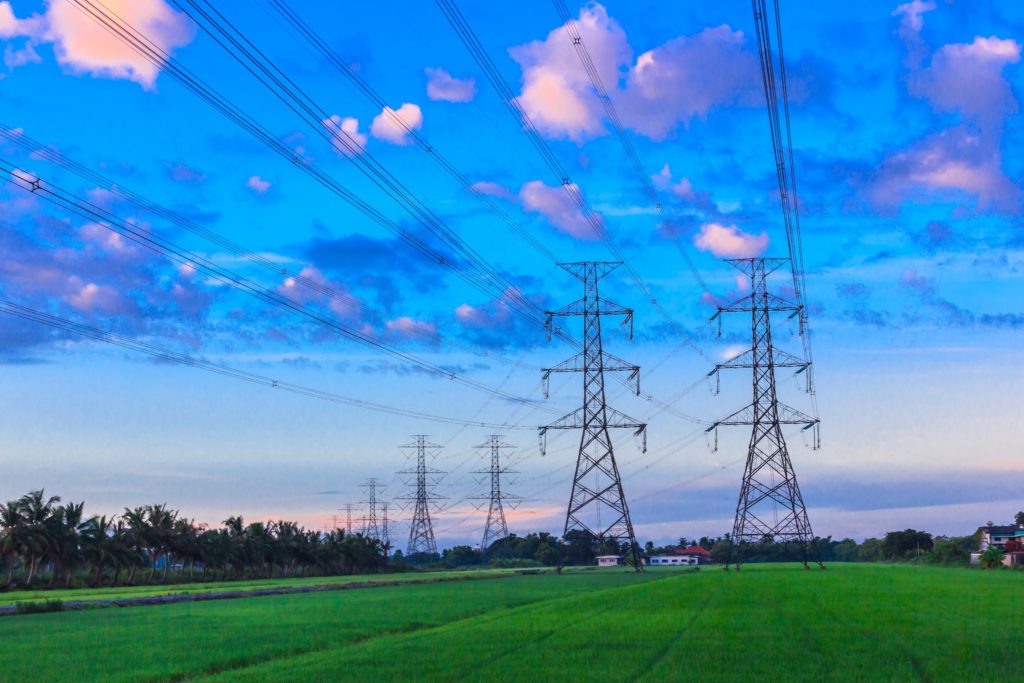The EPA’s illegal propaganda
The Environmental Protection Agency misused tax dollars in the service of public propaganda, according to a legal opinion just handed down by the Government Accountability Office (GAO). The misdeeds came during the agency’s public-relations blitz to drum up support for its new Waters of the United States (WOTUS) regulation.
First proposed in April 2014, the rule provoked immediate backlash. It expands the reach of the Clean Water Act’s restrictions and the EPA’s domain of authority, a source of concern for dairy farmers, home–builders, timber companies, energy producers and dozens of organizations and companies.
To date, the White House and EPA both have been dismissive of the concerns. Brian Deese, an adviser to the president, sneered: “The only people with reason to oppose the rule are polluters who threaten our clean water.” But 30 states also have expressed concerns, giving the lie to the administration’s claim that this is a good green versus bad business dispute.
Anticipating the antipathy, the EPA launched a PR campaign two months in advance of its WOTUS rule. Tweets, memes and videos were pumped out over social media singing the rule’s praises and enlisting the public to declare support. The agency gamed the rulemaking process by working with environmental groups to gin up public comments lauding the new rule. In subsequent congressional testimony, EPA Administrator Gina McCarthy cited the surfeit of glowing comments on WOTUS as evidence that America loved it.
This propaganda campaign would have gone unpunished, were it not for Sen. James Inhofe, R-Okla., chairman of the Senate Committee on Environment and Public Works. He was sufficiently vexed by the EPA’s sales job that he asked for the GAO’s legal opinion. According to the government watchdog, the agency violated three statutes that proscribe the use of appropriated funds to engage in covert propaganda and grassroots lobbying.
The EPA denies wrongdoing. “We use social media tools just like all organizations to stay connected and inform people across the country about our activities,” declared spokeswoman Liz Purchia.
What appears lost on the agency is the nature of representative government. The EPA is not a private company entitled to sell its wares aggressively to consumers. It is a government agency established to execute the laws written by representatives elected by we the people. As Inoted in these pages in September:
The Constitution’s careful balance of powers goes out the window when executive agencies make policy unilaterally and then manufacture public sentiment in support. The EPA obviously needs reminding that last year’s omnibus bill, which funds it, includes this prohibition: ‘No part of any funds appropriated in this or any other Act shall be used by an agency of the executive branch… for publicity or propaganda purposes.
The fate of WOTUS remains unclear. The rule went into effect this past August, but a North Dakota judge stopped its application in 13 states. Two months later, a federal appeals court blocked its enforcement entirely.
The House of Representatives passed legislation (265-155) introduced by Rep. Bill Schuster, R-Pa., that would force the EPA to redo the WOTUS regulation and give more consideration to state and local concerns. The Senate is considering similar legislation introduced by Sen. John Barrasso, R-Wy. The upper chamber also has sought to strike down WOTUS through the Congressional Review Act. The Obama administration, indubitably, will veto any WOTUS-modifying legislation.
The GAO’s ruling was on narrow grounds and will do nothing to stop the torrent of overt propaganda by the EPA and the federal government generally. Agencies spent $760 million on advertising campaigns this past year, flooding the Internet with pro-government pap. Only Congress can stem the tide of propaganda. It should enact tougher curbs on agency communications and more frequently direct the GAO and inspectors general to audit agencies’ PR activities.






